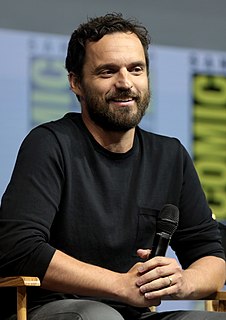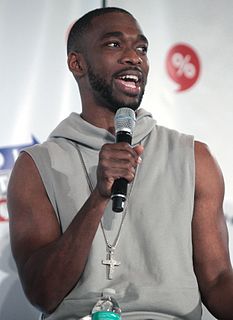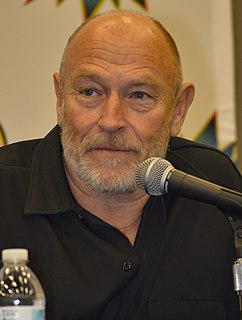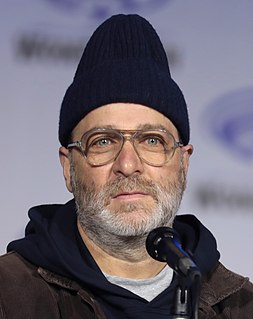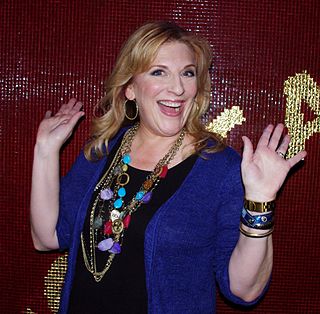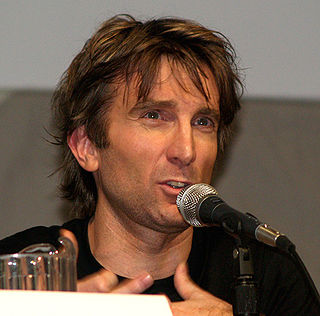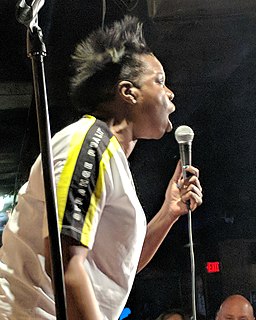A Quote by Bob Saget
25, 30 years ago, that meant something, they were making some money. And they were doing all sorts of comedy, screaming at the audience, basically crowd control. And then there was the whole urban comedy scene.
Related Quotes
[on making the transition from the comedy "Mary Tyler Moore" (1970) to its dramatic spin-off series "Lou Grant" (1977)] We were really worried about changing over from a three-camera, half-hour comedy to a one-camera, full-hour drama. The audience wasn't ready for the switch - even CBS billed us in their promos as a comedy. In fact, the whole thing was impossible. But we didn't know that.
Comedy is very interesting because you can very quickly cross into dangerous territory. I mean look at what happened, unfortunately, (in) Paris a couple of weeks ago. They were making comics - which were really satire - but it offended people. I'm not saying the reaction was justified but there's definitely a line when you're doing comedy or satire and how it might affect somebody. That's the thing you have to watch and I think you have to be respectful of it.
Voice actors I used to know who were starting out in comedy were guys who did a lot of voices. They were usually comedy actors who developed their comedy by doing tons of impressions and voices that were usually very funny. And I never did any of that, so that's, I guess, why I don't consider myself a voice actor.
If there's one regret I have of my time in comedy it's that I really I was so obsessed with improv for so many years and I exclusively did improv for the first 6 years or 7 years. I was doing comedy and then I started doing solo work and stand up, a bit of writing, making videos, and really going into it on that end.
My vision of punk rock was these dudes who were spitting on the audience and moshing. That's why I kind of left that scene. Then I see all these people around my same age or between 17 and 25 that were making music themselves in their own town. They weren't just singing, but creating. I see them putting out this music where there are tons of women involved in the scene and involved in the bands.
I love comedy. I suppose comedy is my first love, in a way. I did a lot of acting, funnily enough, unprofessionally, as a kid. From when I was 10 years old until I was about 19, I was always doing little sketches with my friends, and doing different accents and voices. Probably about 3/4 of those were comedic, in some way, and the other 1/4 was more serious stuff or more action or more dramatic little pieces that I would make. But, I tend to lean towards comedy.
When I was studying comedy in Chicago, it wasn't long after 9/11. There were a lot Middle Eastern comedians who were doing bits about hailing cabs and being terrorists. So the first two years, I didn't do any of that because I wanted to separate myself from those guys. But race is a big part of who I am, and it should be a big part of my comedy.
I remember like that scene with Pharrell where they're at the music video shoot, we have this on camera actually, Pharrell's confused because we weren't doing the script. We were doing all this improv and then Diddy says to him... Pharrell's like I don't understand what's going on and Diddy goes, "We do a lot of improv". (laughter) I remember being we just made him into a comedy nerd. We somehow turned Sean Combs into a comedy nerd, so.

